Sometimes, I feel like Cameroon has broken me. Two years in this country have somehow taken away those sympathetic ways that once was a big part of my personality. I am often annoyed when people comment “aww… those poor people” on my pictures from this experience. I no longer “feel sorry” for Cameroonians or Africans in general. Don’t shed pity on them, they have more dignity than that. Be angry for them that so many of their governments on this continent are corrupt and that the people do not have the opportunities they deserve.
Feel angry, feel the injustice, but don’t feel sorry.
My first experience relating to international development was at a conference in Lawrence, Kansas where some speaker was talking about the UN Millennium Goals and later there was a pamphlet on an organization that has “child sponsorship” programs for people to financially support children in Africa. In return, you would receive letters and different correspondences. I wanted to sponsor a kid, but didn’t have the ability as a poor student. This was 4 years ago.
Over these past 4 years, or more so within the past two years, I’ve learned and realized the power of PR work of these aid organizations to portrait a situation that perhaps isn’t so grave, and turn them into a heart-wrenching picture that has you reaching for your VISA card. I know, because I did it myself to raise money for my library project.
Even still, I continue to contribute. I gave to the Haiti relief effort. I have long been a supporter of Kiva.org and I lend regularly to different projects around the world. Despite the fact, I learn that Kiva really doesn’t operate the way you think they do. Most of the pictures and stories you read or are lending to have likely already received funding. They do it for the PR and to reach and fulfill the human nature of needing a personal story. I understand. I am in no way disparaging the work of different NGOs, they are important in their own ways. I simply want to point out the difference in perception.
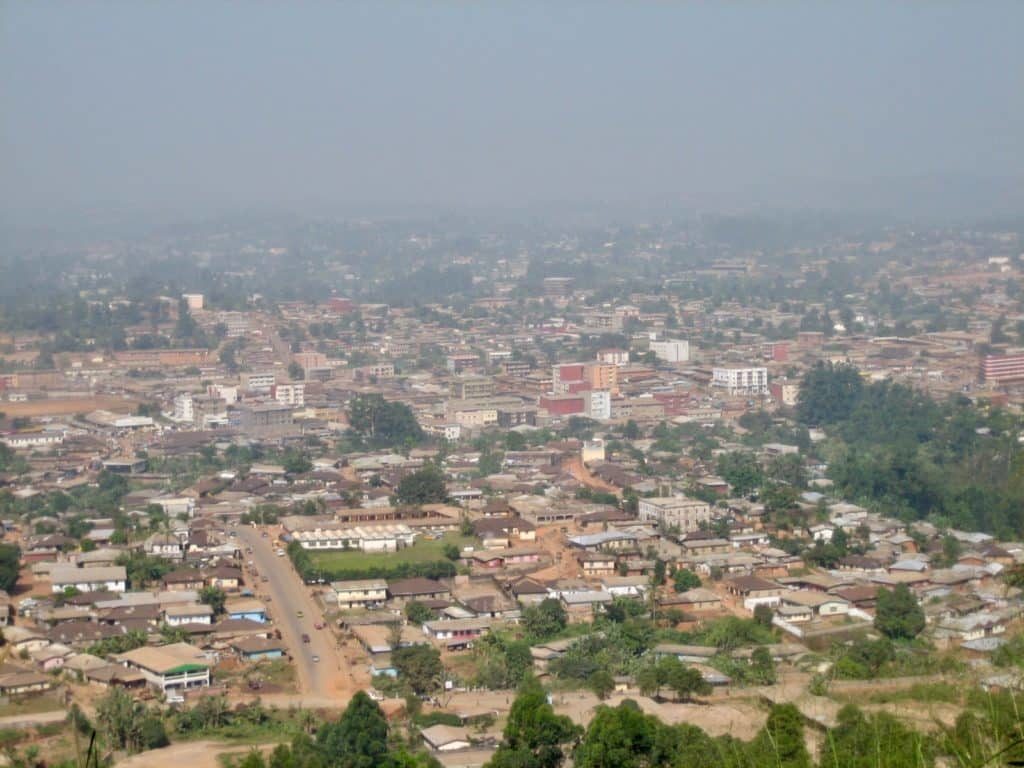
Recently, I received an update in my email inbox from Kiva’s field fellow reporting the progress of my loan here in Cameroon. Here is an excerpt from that message:
Having spent three months in the Northwest Region of Cameroon, I’m very pleased to share that your loans are making a big difference in an area that has so much promise and yet is in such dire need. Despite the strong agricultural potential of the Northwest Region, an industry that makes up nearly fifty percent of Cameroon’s overall economy, I have seen too much malnutrition, illness
and death. Easily the most difficult part of my time here in Cameroon has been that, within three short months, I have attended eight burials compared to one birth celebratio and one marriage. Poverty, illness and death are much too common parts of everyday life here in Bamenda, Cameroon, but there is hope.
I have been to Bamenda many times. It is the provincial capital of the Northwest Region – one of the anglophone regions in Cameroon, and one of the most developed. You wouldn’t get this idea from reading that paragraph, however. What this Kiva Fellow describes is the image of Cameroon that I might have had 20 months ago, first arriving to this country.
But now, when I think of Bamenda, I am amazed at all the things you can buy, and how developed the city is. Also, this fellow was likely here during the funéraille season, where many funerals and parties take place, some long after the deceased has passed. To contrast that, Cameroonians have SO many babies, they cannot possibly throw a party for every child that is born. It’s simply not in the custom.
Perception is relative. I am glad to have this experience and be able to perceive people’s life for what it is. I don’t feel bad for them, but instead, I try to see beauty in their way of life. In the Northwest and West region of Cameroon, food is plentiful, and people rarely starve. Illnesses, yes, but starvation is rare. No, they may not be able to afford the material goods that we can, but they also don’t spend thousands on therapy like a lot of us do, either. Relativity, my friends. The Western/capitalistic way, isn’t always the best.
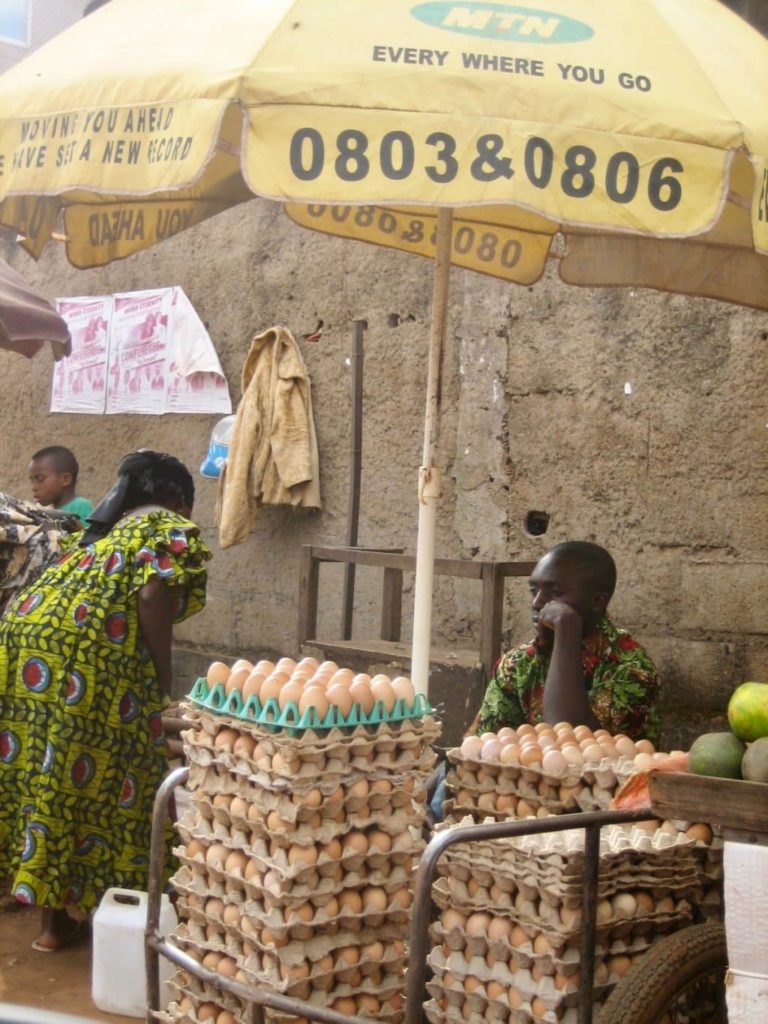
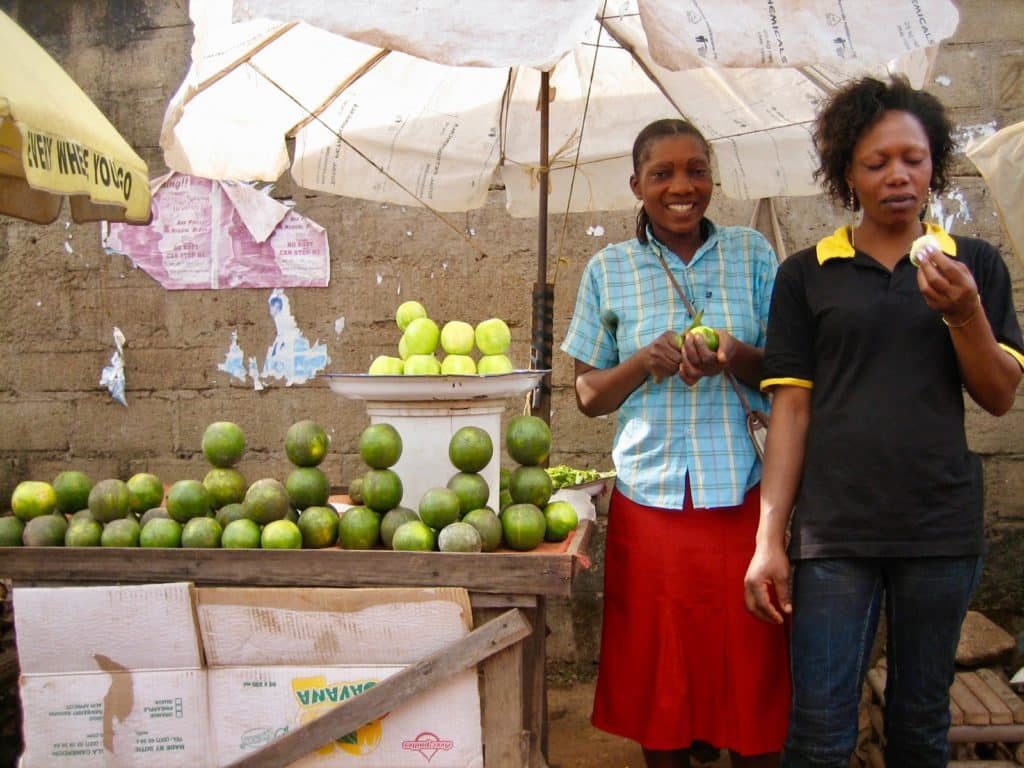
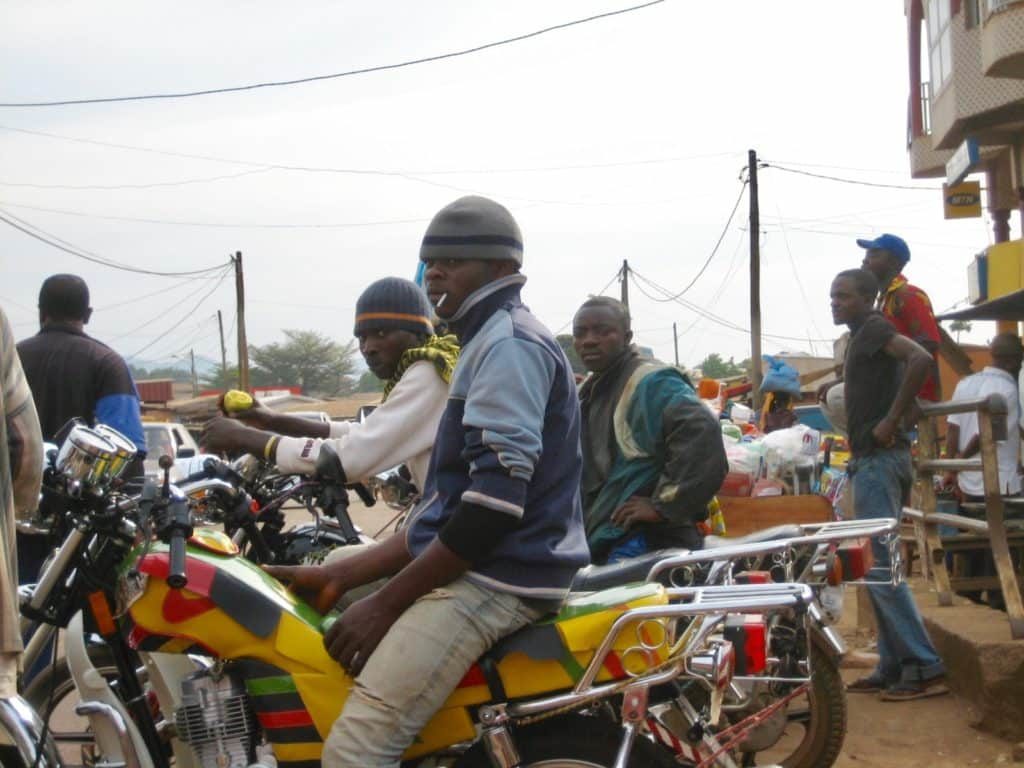
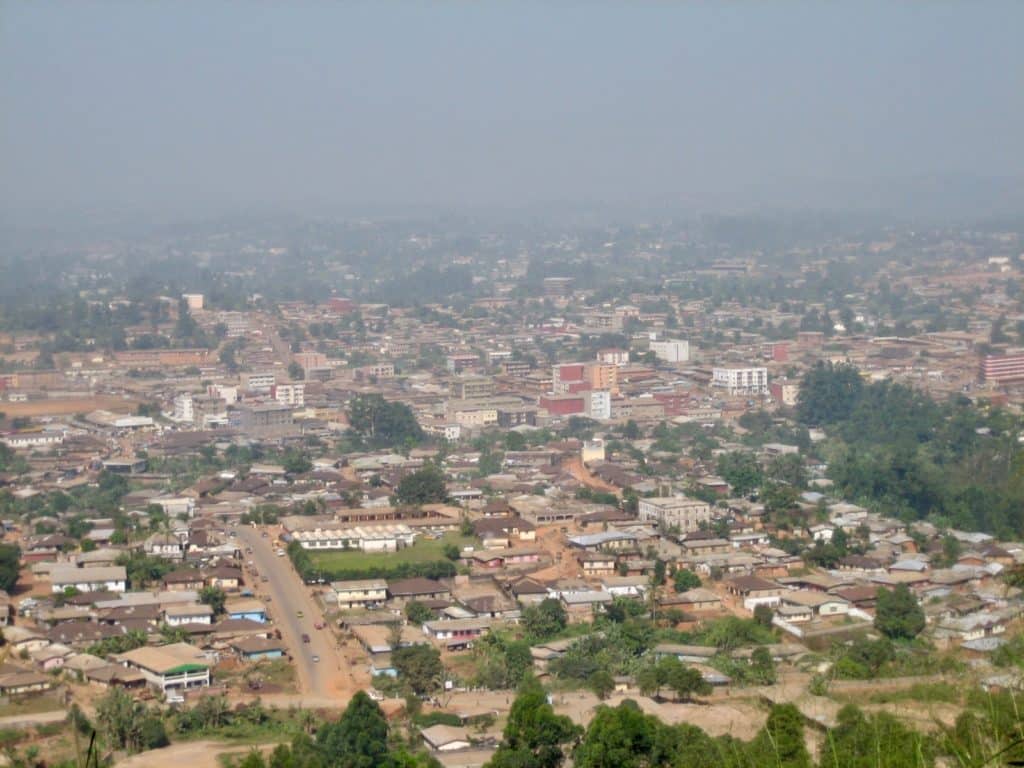

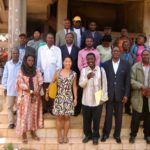



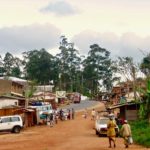

This is very valuable information–to show how “faraway” places are perceived, and how this perception differs from reality (not that reality is that easy). Is at least Kiva money being put to good use?